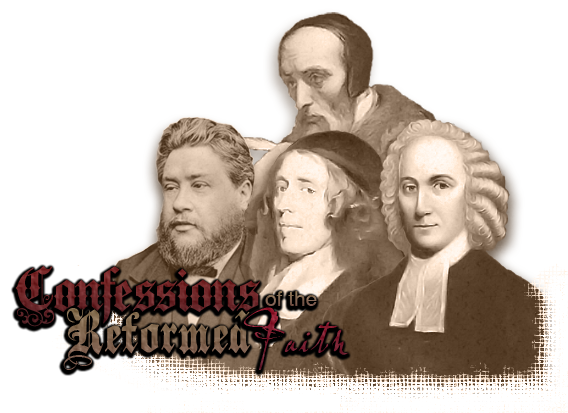The essence of Christian Hedonism (as Piper calls it) is that that
everything was made by God to give him glory, and thus (as his
creatures) we are happiest when we are seeking to glorify God. In fact,
all things derive their meaning by the way in which they magnify the
glory of God.
That is easy enough to believe at first glance. When I first picked up God’s Passion for His Glory (half
by Edwards, half by Piper), I read the summary of the book: all things
exist for God’s glory. I agreed easily. But then in the introduction,
Piper hits his readers with a list of implications.
I did not get very far down that list before I realized that I had it
all wrong. I had God existing for me, and not me for him. I thought I
knew what it meant that my purpose was to glorify God. But this list
exposed how flimsy my theology was. It convicted me to read more, study
more, and finally to go to seminary. I’m posting these here to provoke
you to read the book, and to be thankful that we were made for him.
If man’s chief end is to glorify God by enjoying him for ever, then the following (all off these are taken from God’s Passion for His Glory) are true: Continue at Jesse Johnson







 It is possible and even normal for the Christian to experience assurance of salvation.
It is possible and even normal for the Christian to experience assurance of salvation.


